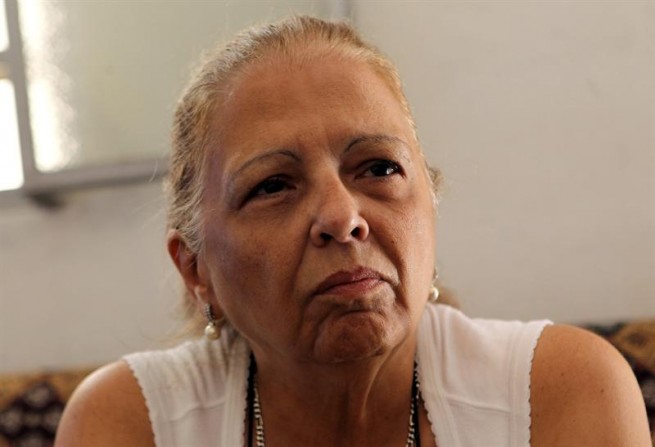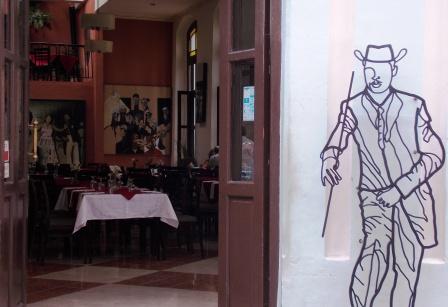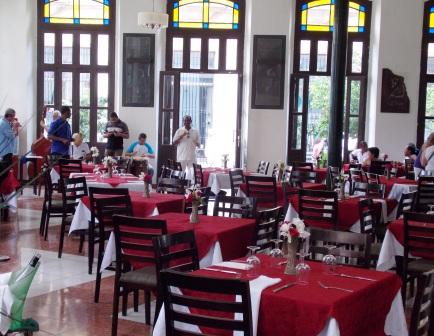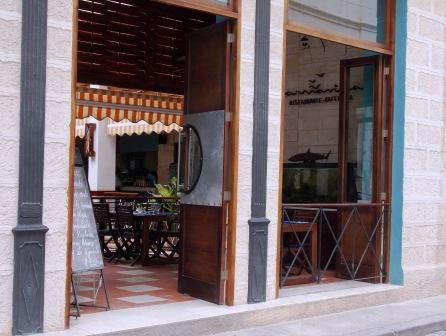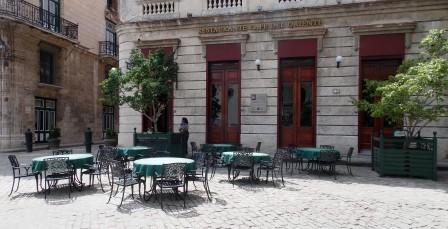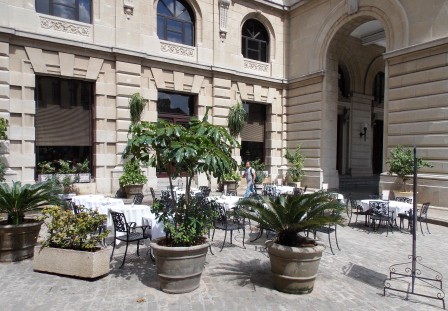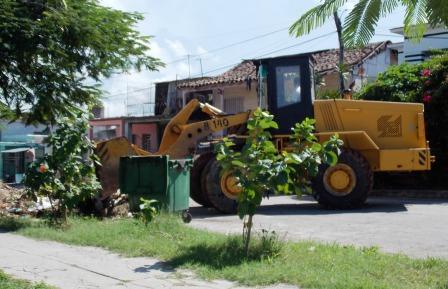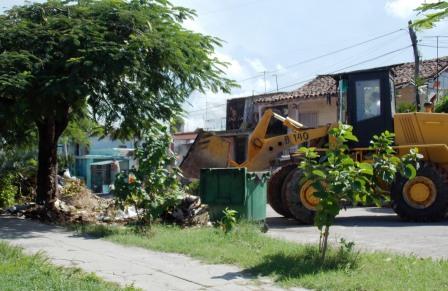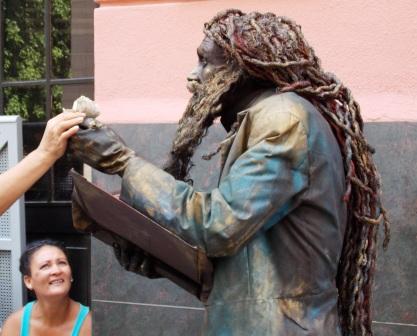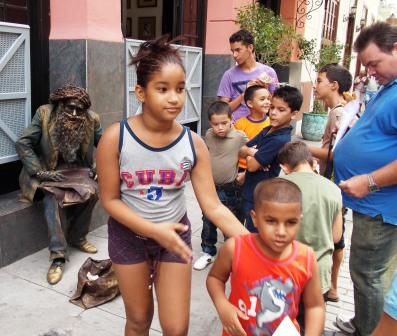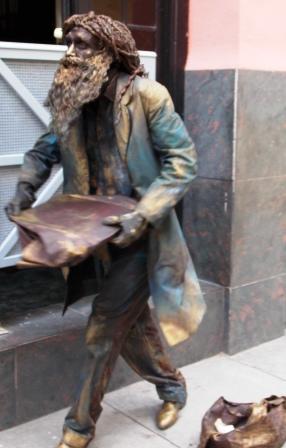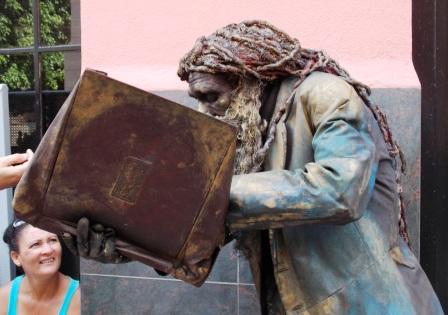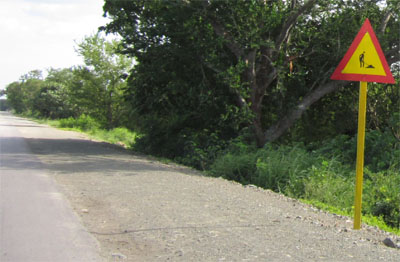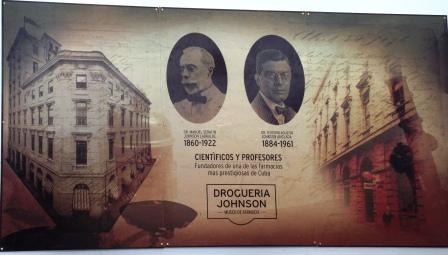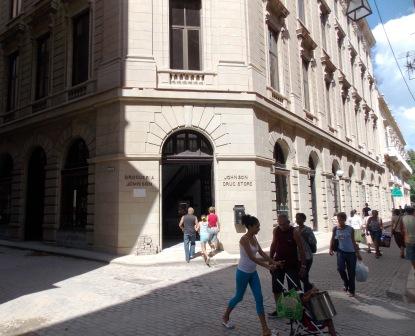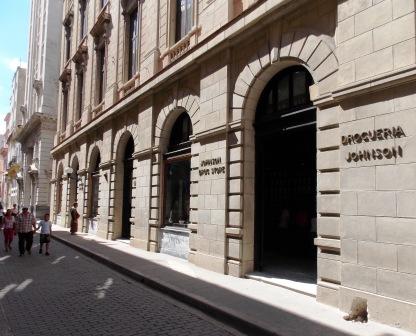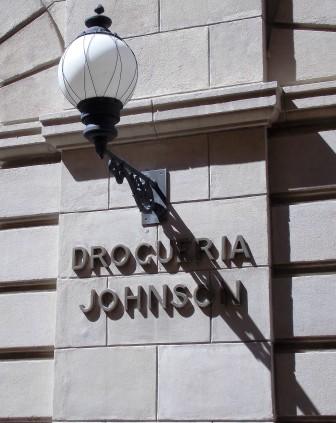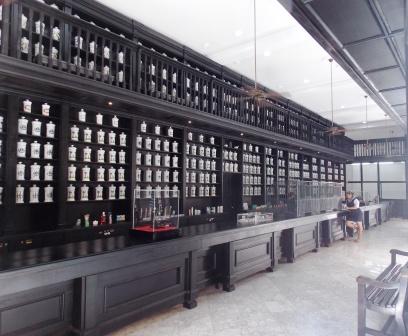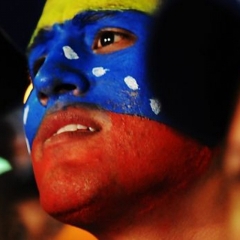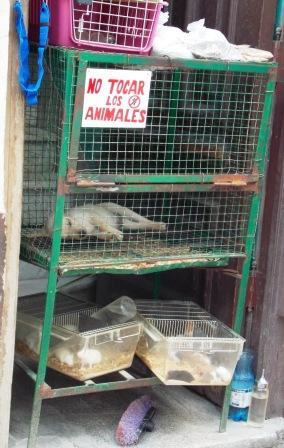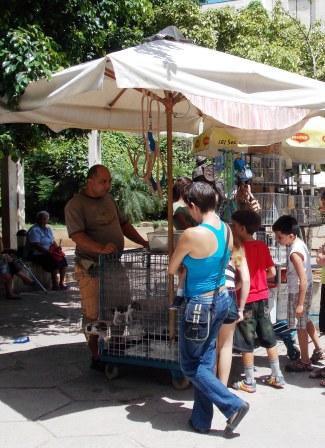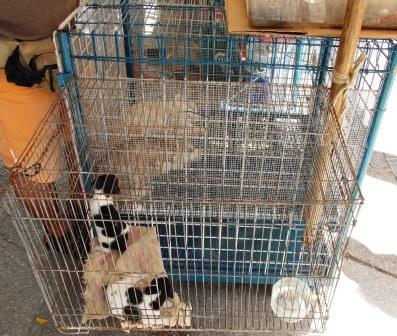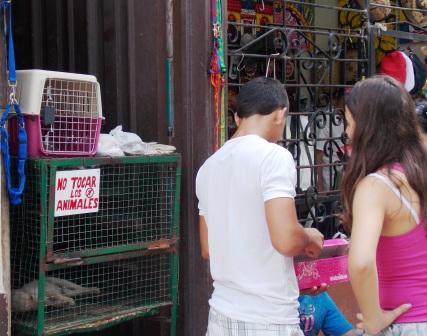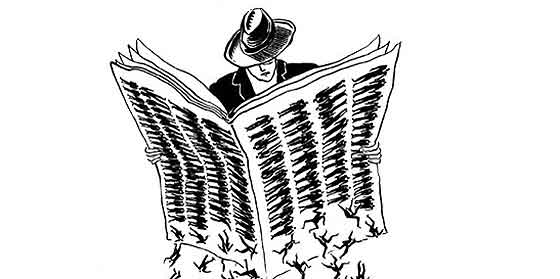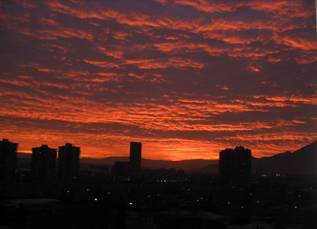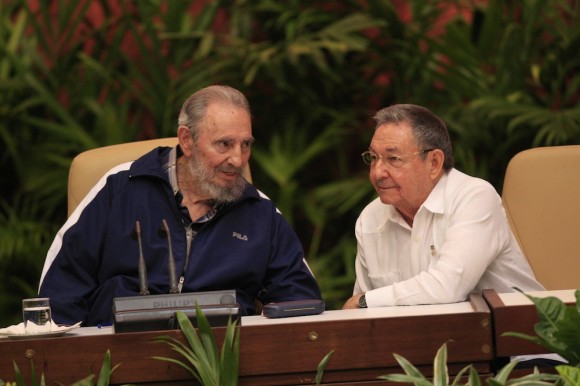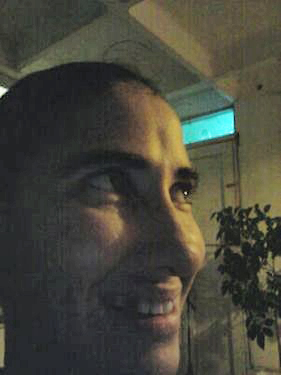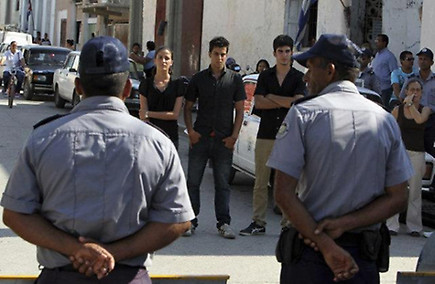 What does the voice of Henrique Capriles sound like? A neighbor asked me a few days ago. I didn’t know whether to tell him it was high-pitched or deep, soft or forceful, because the Cuban media is careful not to air it. Instead, we only have the opportunity to hear the agitated shouts of Hugo Chavez, the verbal attacks he throws at his young opponent. So this morning we saw the leader, who has been in power for 13 years, celebrating his new electoral triumph. It’s clear than a new six-year term for him is a guarantee of survival for the government in Havana.
What does the voice of Henrique Capriles sound like? A neighbor asked me a few days ago. I didn’t know whether to tell him it was high-pitched or deep, soft or forceful, because the Cuban media is careful not to air it. Instead, we only have the opportunity to hear the agitated shouts of Hugo Chavez, the verbal attacks he throws at his young opponent. So this morning we saw the leader, who has been in power for 13 years, celebrating his new electoral triumph. It’s clear than a new six-year term for him is a guarantee of survival for the government in Havana.
Raul Castro’s government had too much invested in the Venezuelan elections on October 7. He could have lost the irreplaceable support of his most devoted ally. The Venezuelan subsidy has allowed the General President to implement, slowing and in a lukewarm way, changes that constrict the economic sphere. But this type of dependency, once established, ends up becoming a chronic situation. Neither through offering farmers the ability to lease land in usufruct, nor the expansion of licenses for self-employment, has Cuban managed to take its first steps towards material autonomy nor economic sovereignty. More than a circumstance, the need for external subsidy is the core of the Castro regime, the direct result of its inability to successfully manage the national economy. We can’t forget the voluminous support sent from the Kremlin… now replaced by the Miraflores Palace in Caracas. Once again a blank check has been signed over to the Plaza of the Revolution, for six more years.
Fifty-four percent of Venezuelans have ratified Hugo Chavez as leader of their country, and Raul’s regime has some breathing room. But the great polarization in Simon Bolivar’s fatherland will make it more difficult to publicly sustain the maintenance of Cuba. Havana’s government I looking ahead to complicated months. The election in Venezuela has been the first in a cycle of three elections that will influence, to a greater or lesser extent, our national life. The presidential election in the United States follows immediately in the list of electoral processes that lie ahead. Mitt Romney has promised a heavy hand with the Cuban authorities, but Barack Obama could also be very corrosive to the Cuban system if he deepens his policy of family, academic and cultural approaches.
The first five-year term of Raul Castro will end in February 2013. Few are betting that he’s thinking of retiring to make way for a younger figure. These elections, the third that await us in the coming months, are also the last in importance and in generating expectations. The process of nominating People’s Power delegates and installing them in the National Assembly has already begun, and this body will approve the nominations to the Council of State. If the Venezuelan results have decided whether we are granted billions in subsidies, and our relationship with our powerful neighbor to the north is in play in those elections, the Cuban elections smell strongly of a play whose script is already written. We don’t even need surveys or voter polls. There is no possibility of surprises.
9 October 2012

